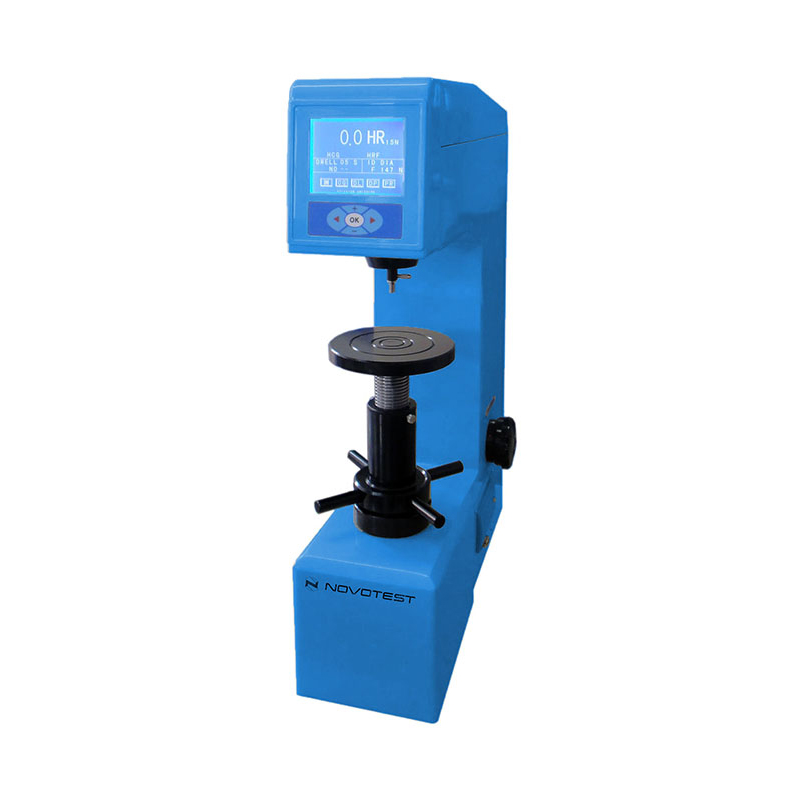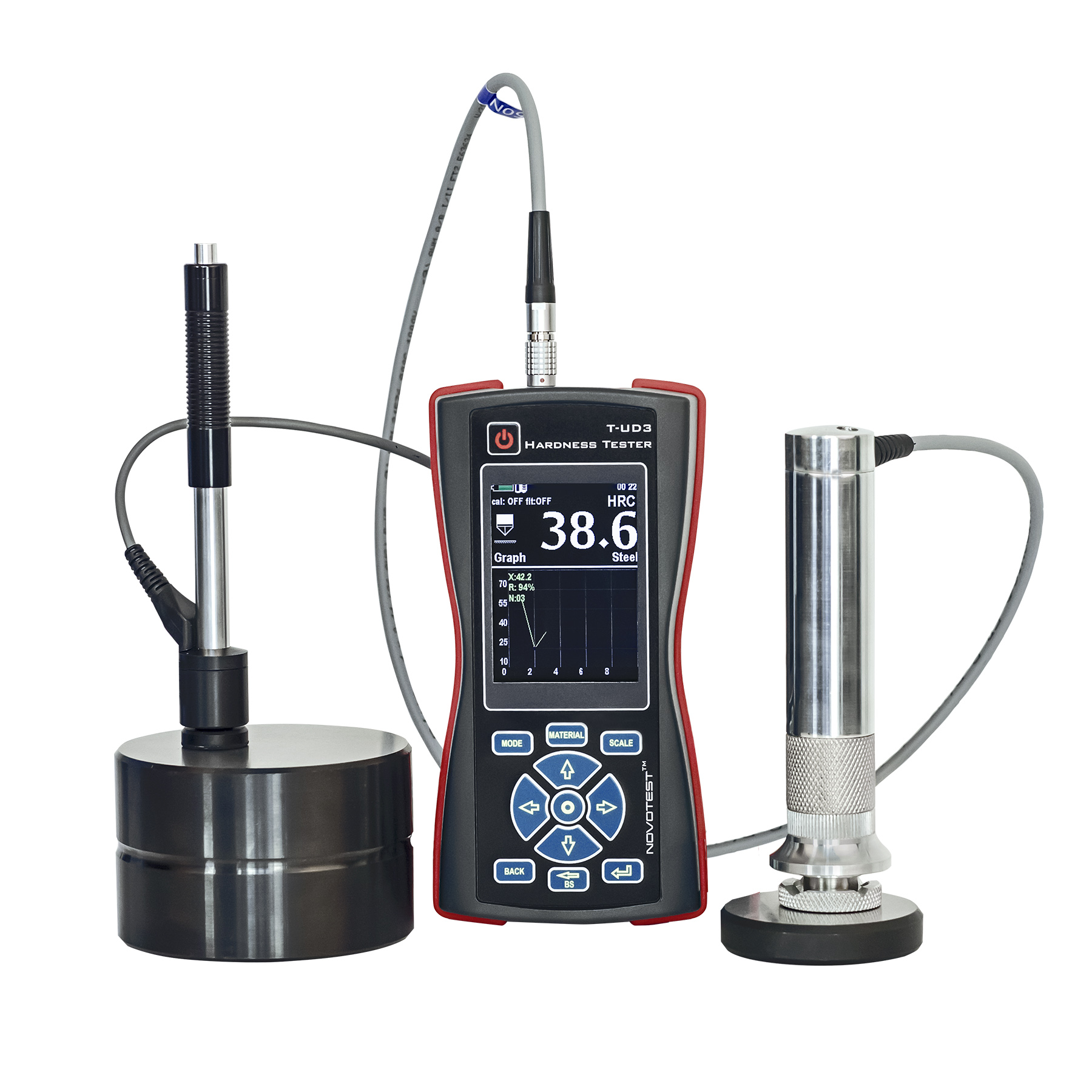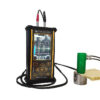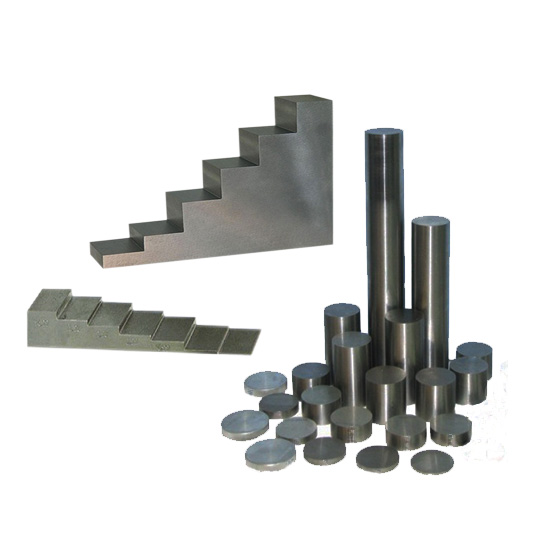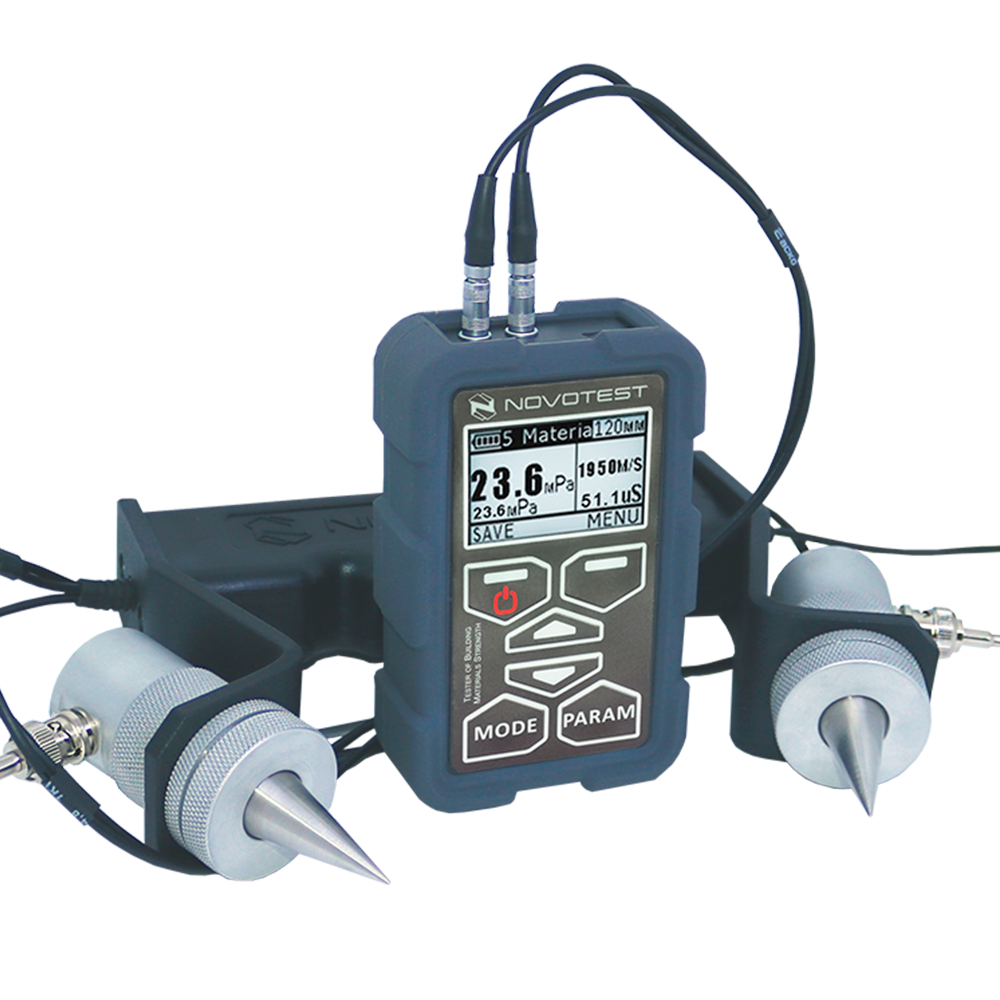Rockwell Hardness Tester, a precision instrument widely used in material testing and quality control to determine the hardness of metals and alloys. The Rockwell Hardness Test measures the depth of penetration of an indenter into a material under the application of a known force. Here are the key features of our Rockwell Hardness Tester:
Novotest
Rockwell Hardness Tester
Key Features:
- Indenter Types: The Rockwell Hardness Tester typically uses two types of indenters: a diamond cone for hard materials and a hardened steel ball for softer materials.
- Test Scales: Different Rockwell scales are available to accommodate various materials and hardness ranges. Common scales include Rockwell HRC (for hard materials like steel), Rockwell HRB (for softer materials), and Rockwell HRA (for very hard materials).
- Test Forces: The tester applies a preload followed by a main load to the indenter. The main load is maintained for a specified dwell time, and the hardness value is determined based on the depth of penetration.
- Depth Measurement: The depth of penetration is measured using a dial gauge or an electronic sensor, providing a quantitative measure of the material’s hardness.
- Automatic and Manual Operation: Rockwell Hardness Testers can be operated manually or in automatic modes. Automatic testers are often equipped with advanced features for increased efficiency and consistency in testing.
- User-Friendly Controls: The instrument features user-friendly controls for setting parameters, adjusting testing conditions, and initiating tests. The interface may include a digital display for easy reading of results.
- Calibration: Regular calibration is essential to maintain the accuracy and reliability of hardness measurements. Calibration is typically performed using standardized test blocks with known hardness values.
- Sample Fixturing: Fixtures or anvil support systems are provided to securely hold and position the test specimen during testing, ensuring accurate and repeatable results.
- Durable Construction: The Rockwell Hardness Tester is constructed with robust materials to withstand the demands of industrial environments and provide long-term durability.
- Safety Features: Safety considerations are integrated into the design, including features such as safety guards and interlocks to prevent access to moving parts during testing.
- Data Recording: Advanced models may include features for data recording, allowing users to store and analyze hardness test results for quality control and documentation purposes.
- Compliance with Standards: Our Rockwell Hardness Tester is manufactured to comply with relevant industry standards, such as ASTM E18 or ISO 6508, ensuring that hardness testing procedures meet established norms.




